How does Coffee Water Science produce mineral water that meets the SCA standards of the Fine Coffee Association?
Professional coffee knowledge exchange more coffee bean information please follow the coffee workshop (Wechat official account cafe_style)
They have some doubts about good coffee. Boutique coffee shops can control the producing area, baking method, grinding degree and brewing method of coffee beans, but there is a problem that they often overlook, but this is an important factor that can determine the quality of a cup of coffee.
That is: water
In the sensory test led by SCA Technical Standards Committee, the flavor influence and influence degree of brewed coffee with different TDS were analyzed.
To prove the effect of water quality on coffee, Hunton and British champion baristas Lesley and Maxwell, who won the 2015 British championship, boiled the same coffee beans with different water quality, and the results confirmed their prediction.
Most people know that there is a difference between "hard" (all like magnesium minerals) and "soft" (distilled water falls into this category). Water also has its own complexity!
The so-called hardness of water refers to the total concentration of calcium and magnesium ions in water, the lower concentration is soft water, on the contrary, the higher concentration is called hard water.
Most of the tap water in our country belongs to hard water, and the water in the north is harder than that in the south.
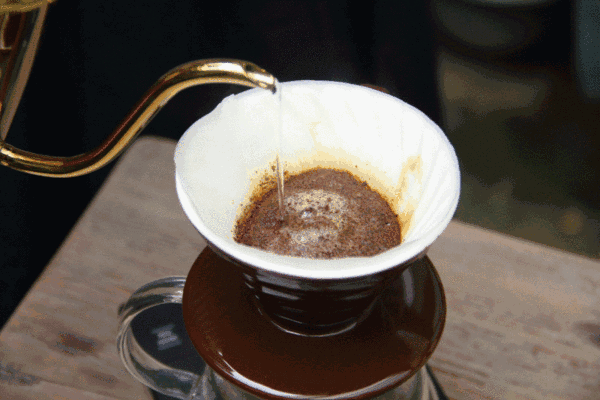
98% of the coffee is water, needless to say how important the effect of water on coffee is, so many contestants want to make a bottle of water that is most suitable for coffee extraction. So how do they adjust it? To explore how to make a coffee extract that is good for coffee extraction, or to flush out water that tastes good for coffee, it is important to know what key factors the water has to affect coffee.
Today's topic, how to make mineral water that meets the SCA standards of the Fine Coffee Association? First of all, understand two concepts: 1: mineral water; 2 the SCA standard.
What is the difference between mineral water and mineral water?
Mineral water: unpolluted natural mineral water that gushes naturally from the depths of the ground, mostly from the natural water sources in the depths of the earth or rock strata, and is recycled from the deep layers of the ground.
Mineral water: it is made by adding a variety of mineral food additives (such as potassium chloride, magnesium sulfate, sodium chloride, etc.) on the basis of pure water; there are also some manufacturers who use tap water as raw water after pure processing, adding minerals, sterilization and filling.
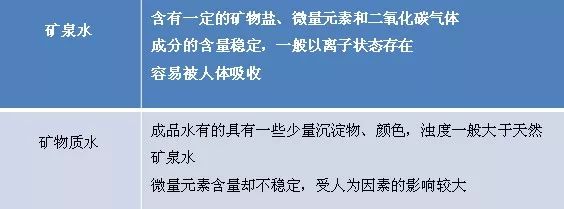
SCA standard: there are three main aspects. 1, TDS;2, mineral composition in water; 3, PH value.
The Professional baristas Handbook mentions water that meets the following criteria for brewing coffee, tea, and Italian concentrate.

Photo Source: professional barista Handbook
The "Professional baristas Handbook" TDS is 120-130ppm, and the water standard given by the American Fine Coffee Association in "Water for Coffee" shows that the ppm value of water between 75 and 250 is suitable for brewing coffee, ideally 150ppm. In general, if the ppm value is less than 75, it is easier to extract too much than coffee; if the ppm value is higher than 225, coffee is more likely to underextract.
SCA (Fine Coffee Association) website standard:
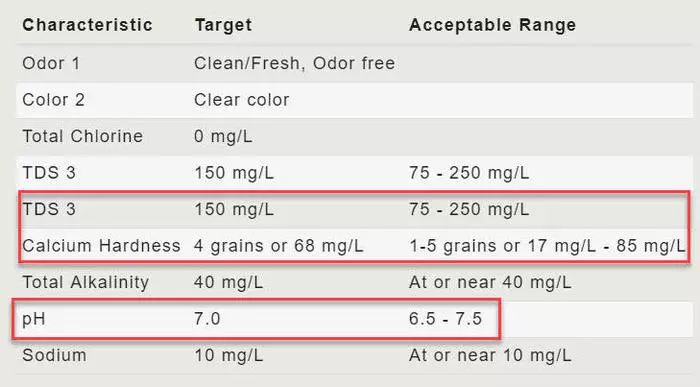
1. TDS is the total dissolved solid. The full spelling of TDS is Total Dissolved Solids, which translates into Chinese as total dissolved solids. It is measured in milligrams per liter (mg/L), which indicates how many milligrams of total soluble solids are dissolved in 1 liter of water. It is usually expressed as ppm, and 1ppm stands for 1 mg / L (mg/L) of calcium carbonate in water. To put it bluntly, the higher the ppm, the more minerals it contains, so what effect does it have on brewing coffee?

In general, the lower the ppm, the easier it is to extract the substance from the coffee (it can be understood as the higher the extraction rate); the higher the ppm, the less likely it is to extract the substance from the coffee (it can be understood as the lower the extraction rate). ) in this way, you can see that the ppm of the water used to make coffee is too low or too high.
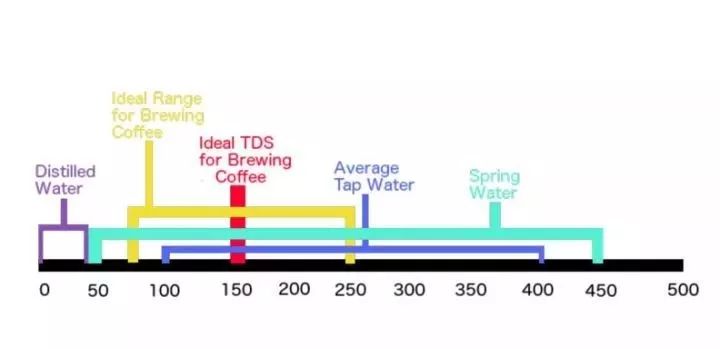
2. The mineral composition in the water.
The ingredients in water have great influence on the taste of coffee: Chlorine (chlorine), Calcium (calcium), Alkalinity (inorganic compound: alkali) and Sodium (sodium).
1. Chlorine (chlorine) 0ppm according to the table given by scaa, the chlorine content of the water used to brew coffee had better not contain or is not higher than 0mmp, most of our tap water is chlorinated to sterilize, more or less residual chlorine will be left in the water, bottled water sold in the supermarket generally does not contain chlorine, bottled water can be selected under certain conditions.
2. Calcium (calcium) 17-85ppm is the best 68ppm. The book Water for Coffee highlights the importance of calcium and magnesium ions in coffee brewing, saying that both of them can pull out the flavor of coffee, and the right amount of calcium and magnesium ions can make coffee taste better.
3. The best Alkalinity (inorganic compound: alkali) is about 40ppm. What is said here is mainly bicarbonate, which is alkaline. Its function is to serve as a buffer, coffee is mainly composed of weak acid, the right amount of bicarbonate can balance the sharp taste of coffee.
4. The best Sodium (sodium) is about 10ppm. The more sodium ions in the water, the more salty the coffee will be. It's easy to understand that most things containing sodium ions have a salty taste, such as salt.
3, PH value.
The last thing to say is the acidity and alkalinity of water. We all know that water is neutral at standard temperature (25 ℃) and pressure when ph is 7, below 7 is acidic, and above 7 is alkaline. What is the effect of different pH of water on the taste of coffee? Acidic water: it will reduce the extraction rate. Because the acids in coffee are less likely to dissolve in low-PH water, they may even be completely insoluble if the pH of the water is as low as their pKa (acidity coefficient). Alkaline water: the result of brewing coffee with too alkaline water is that it pulls the acid in the coffee beans into the cup, increasing the sour taste of the coffee. So what is the value of PH to make coffee?
The answer given by SCAA is 6.5 SCAA 7.5, the best one is PH7.
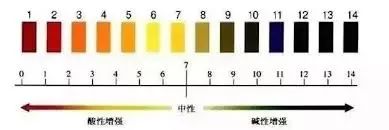
How to make mineral water that meets the SCA standards of the Fine Coffee Association?
Original video address: https://www.bilibili.com/video/av22245728/
< 需要的材料 > < 制作步骤一>Make concentrated liquid
< 制作步骤二 >Pour out 250ml water and add 63ml magnesium hard water concentrate + 183ml alkalinity concentrate
< 配方表 >What kind of water should we use to make hand-made coffee? Usually we can buy bottled water, the data found on the Internet:
Coffee-making water uses pure water with low hardness, while distilled water and mineral water, because distilled water is too pure, coffee extraction rate increases, things that should not be extracted come out, the taste will be bitter and strong; mineral water contains calcium and magnesium, the hardness is too high to reflect the coffee flavor.
Finally, for those of you who are interested, I recommend you to read this book, Coffee Water Science.
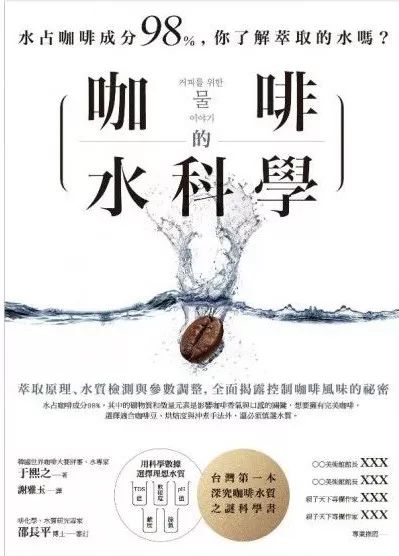
Search materials: "Water for Coffee", "Coffee Water Science"
Important Notice :
前街咖啡 FrontStreet Coffee has moved to new addredd:
FrontStreet Coffee Address: 315,Donghua East Road,GuangZhou
Tel:020 38364473
- Prev

Do you want to make the same pull coffee as the coffee shop with a budget of less than 500 yuan? No problem!
Professional coffee knowledge exchange more coffee bean information please follow the coffee workshop (Wechat official account cafe_style) latte and cappuccino coffee I believe everyone can often drink, many friends will even buy an Italian coffee machine to play by themselves. But a good household espresso machine requires steady pressure and steady steam, at least thousands of times. this
- Next
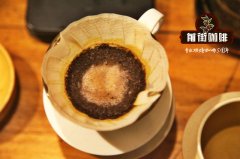
Roasting process Properties of coffee beans Coffee roasting method
Professional coffee knowledge exchange More coffee bean information Please pay attention to coffee workshop (Weixin Official Accounts cafe_style) The process of frying beans is the main process of heating raw beans and developing coffee aroma and taste. The aroma and taste emitted are determined by the original characteristics of each raw bean. The depth of fried beans depends on the type of raw beans, market demand or cooking method. Which baking to use
Related
- What is the meaning of lactic acid fermentation with coffee bean treatment?
- How to judge the state of foam by sound?
- How does the latte pull out the unicorn pattern? Come to get for a little trick to improve the flower pull!
- Will flower pulling affect the taste of the latte?
- Do you know the history of coffee?
- The difference between honey treatment and sun washing what is raisin honey treatment?
- What kind of milk can a novice use to make coffee foam to keep the foam longer? The correct method and skills of milking tutorial sharing
- Why do washed coffee beans taste sour? Flavor characteristics of washed Coffee
- Introduction to the skill of how to practice the size and height of water injection around the circle of hand-brewed coffee
- How do beginners practice coffee flower drawing from scratch?

